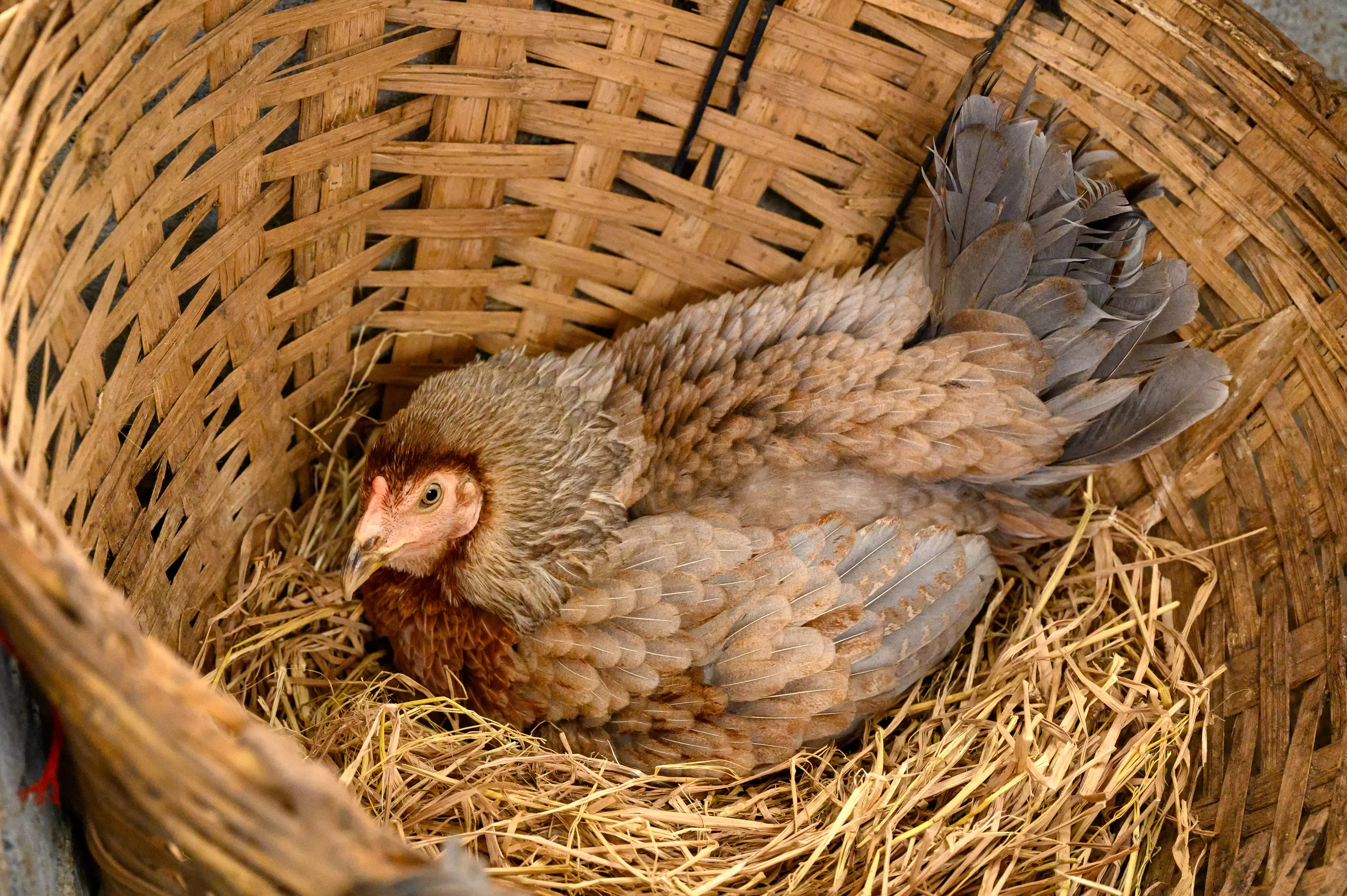Impact of bird flu on livestock sector
Impact of avian influenza on the livestock sector
Continuous changes in the field of livestock health are of great importance to the livestock sector. One of the most important threats are various types of diseases that can have a huge impact on the entire animal population. One such disease is avian influenza, which contributes to a significant reduction in production and profits in the livestock sector.
Avian influenza, otherwise known as a contagious viral disease, mainly affects birds and can have very dangerous consequences for the entire livestock industry. Avian influenza viruses can transmit to many species of domestic birds, such as chickens, turkeys and ducks, but can also infect wild birds. Bird flu infection can lead to serious health problems and death in animals.
The consequences of avian influenza for bird farmers are very serious. If this virus is detected in a farm, it is necessary to take appropriate measures to stop the spread of the disease. One of them is the immediate isolation of infected birds. Breeders must also have their flocks vaccinated, if possible, to prevent further spread of the virus.
The impact of avian influenza on the livestock sector may be difficult to see at first, but it is becoming more apparent over time. Reduced populations of domestic birds lead to reduced production of eggs and meat, resulting in lower incomes for breeders. In addition, many countries are placing restrictions on the import and export of poultry products from areas affected by avian influenza, which means a reduced market for breeders.
In addition to affecting production and profits, avian influenza can also threaten human health. Although human infections are rare, there is the possibility of transmitting the virus from birds to humans. Therefore, it is important for farmers to maintain hygiene and use appropriate personal protective equipment when working with birds, and to monitor their health regularly.
Major animal health organizations around the world are taking a number of measures to prevent and control avian influenza. One of the most important is to monitor bird populations to detect the possible presence of the virus and take immediate countermeasures. In addition, farmers are encouraged to regularly disinfect the premises and equipment used in breeding to reduce the risk of infection.
In conclusion, avian influenza is having a huge impact on the livestock sector. From disrupting production and reducing breeders' incomes, to threatening animal health and product quality. Therefore, breeders should be aware of the risks associated with the disease and take appropriate countermeasures to protect their flocks. This is the only way to minimize the impact of avian influenza on the livestock sector and ensure stability in poultry production.